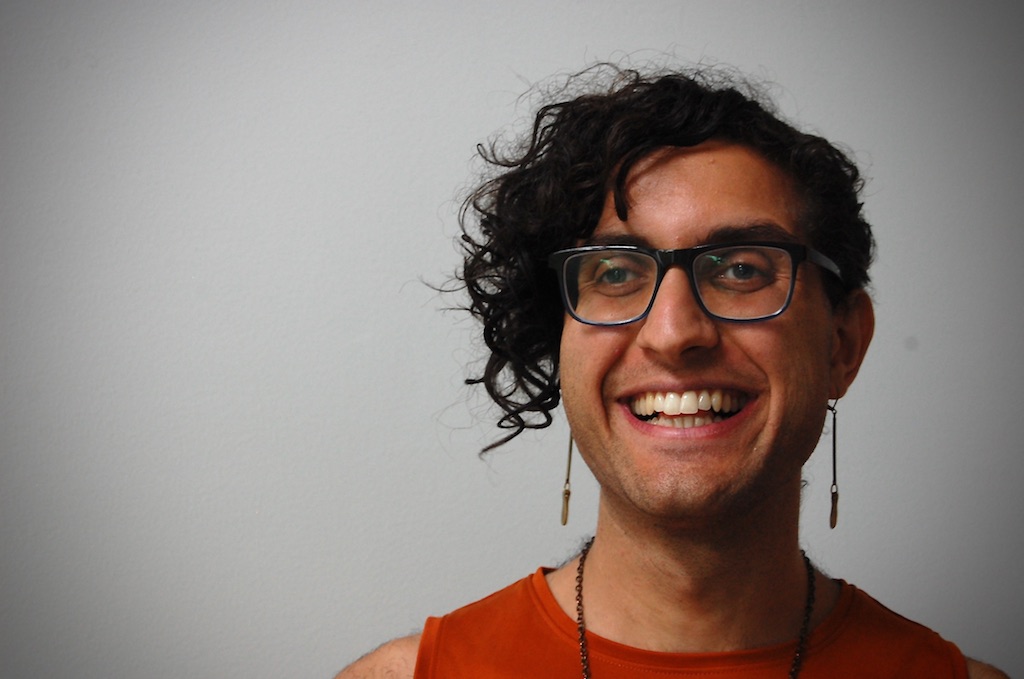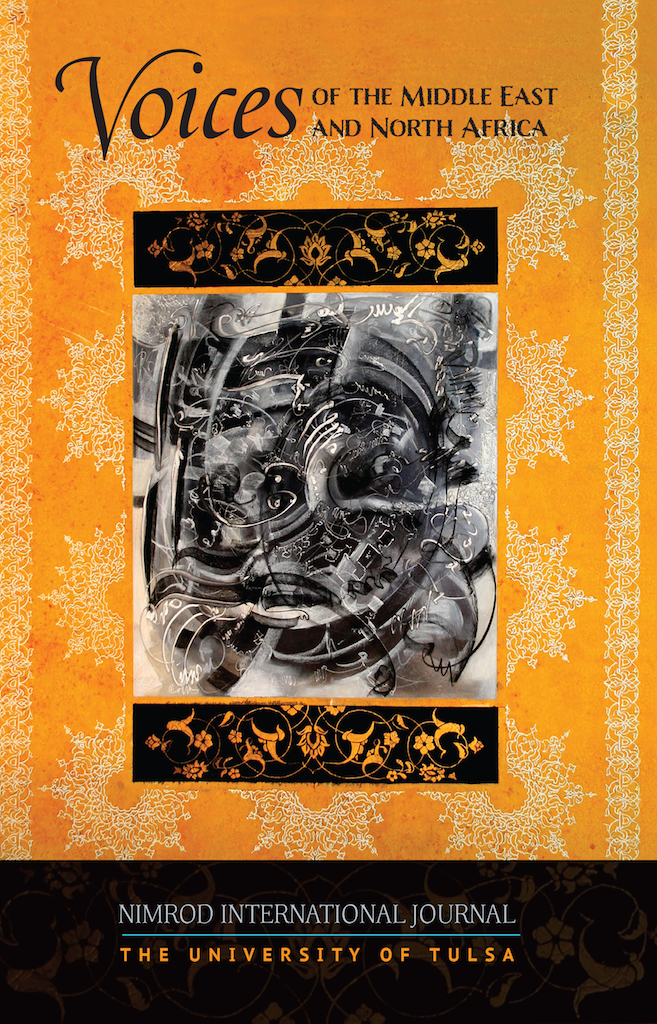I remember playing Kebechet as a child,stealing ground malachite from Mother to green my eyelids, weight them with the slow blink of an old goddess.I remember bathing with my sisters, feeling ashamed as the Nile rose up my wading calves until the surface caught my hipsand parted briefly beneath my penis, floating like a dead frog across from their elegant folds.I remember what Father did to Shifra and Puah the handmaidens who refused to drown the Israelite boys, making all his sons watchbut smiling with his teeth when Imhotep the Eldest lifted their still warm hearts from the clay draining bowls and offered to crush them himself so they’d fine no love in the afterlife.I remember Mother saying lesser wives find love with their first child, wiping my eyelids clean tough brow but gentle thumbs never hiding the makeup where it couldn’t be found.I remember the Israelites’ full beards and hairy chests broad from the brick churn, what I saw when they bathed, their god demanded flesh, what I’d wept for braveryto do at midnight with a sharp flint, more darling than I, but reaching for less.And I remember calling to their god:Oh Adonai I am not your child, I have begged Osiris and Ra, even prayed to myself, but none of us can fix me— can you please? Next the river flooding red and the frogs boiling out of it, Father asking his impossible question, hips squared, toe dug into the bloody mud, and the toads smothering each other to climb his ankles, asking:Are you not all sons of Pharaoh?And Mother combing the lice from my hair, exasperated that I wouldn’t cut it like my brothers, bravest sisters, while I tried to ignore through the windowthe goats crying like children. I remember the goats that survived the beastssuccumbing to disease, Father striding out on feet covered in boils to survey the corpses, harden his heart.Mother’s eyes shining with reflections of flames and hail, and when the locust that blocked the sky parted the sun was gone as if they had devoured the light from the very air.She took my hand saying girls are always the bravest.I remember Father wrapping cotton around my brothers’ faces, no servants in the room that smelledof palm wine, organs, and resin, saving Imhotep for last, cradling him like the Nile’s tumbled stone, beautiful, but loanedwondering if it was worth the strange god’s blooddebt, if it was worth breaking my father,every father brokento stand naked and proven in front of them, Father Pharaoh and the bodies of my brothers with my long braid and a pulse in my throat at the tip of my thumb and the dorsal between my legs to think I’m alive and all the sons of Pharaoh are dead.
Daughter of Egypt
Feature Date
- November 1, 2019
Series
Selected By
Share This Poem
Print This Poem
Copyright © 2019 by Sass Brown
All rights reserved.
Reproduced by Poetry Daily with permission.

Sass Brown is a trans Jewish poet from Raleigh, NC, writing with the texts, tunes, and stories passed down from their mixed heritage family. Sass completed an MFA at NC State University, and received an Academy of American Poets prize while at UNC Chapel Hill. Their poetry can be read in recent or forthcoming issues of Mud Season Review, Nimrod, and Poetry.

Spring/Summer 2019, Vol. 62. No. 2
Tulsa, Oklahoma
The University of Tulsa
Managing Editor
Eilis O'Neal
Since its founding in 1956 at The University of Tulsa, Nimrod International Journal of Prose and Poetry’s mission has been the discovery, development, and promotion of new writing.
Nimrod is published twice a year and features the best new poetry, short fiction, and creative nonfiction. Our spring issue is thematic and often dedicated to writers from one region of the world; we have devoted issues to China, India, Australia, Vietnam, the Celtic Fringe, and Mexico, as well as many other regions and countries. The spring issue also features the winners and finalists of our newest prize: The Francine Ringold Awards for New Writers, which recognize fiction and poetry by writers at the beginning of their writing careers. Our fall issue features the winners and finalists of The Nimrod Literary Awards: The Katherine Anne Porter Prize for Fiction and The Pablo Neruda Prize for Poetry. Selections from Nimrod have been included in The Best American Short Stories, Best Stories from the South, New Voices in American Fiction, Best New Poets, Best American Poetry, and many other noted anthologies.
Since its beginning, Nimrod has attracted original work from such renowned writers as Michael Blumenthal, Mahmud Darwish, Mark Doty, Rita Dove, S. E. Hinton, Sue Monk Kidd, Maxine Kumin, Stanley Kunitz, Ursula K. LeGuin, Denise Levertov, Pablo Neruda, Alicia Ostriker, Linda Pastan, Octavio Paz, Isaac Bashevis Singer, William Stafford, and Mark Strand, among many others.
Nimrod supports and defends the literary tradition of small magazines, spotlighting lesser-known poets and writers and providing foundations for their literary careers. We promote a living literature, believing that it is possible to search for, recognize, and reward contemporary writing of imagination, substance, and skill
Poetry Daily Depends on You
With your support, we make reading the best contemporary poetry a treasured daily experience. Consider a contribution today.



